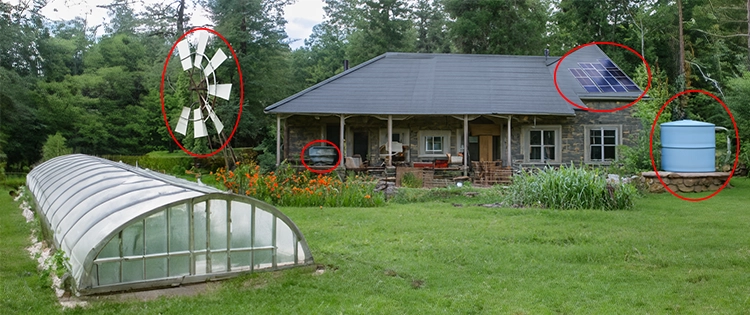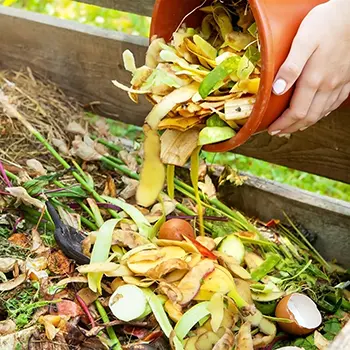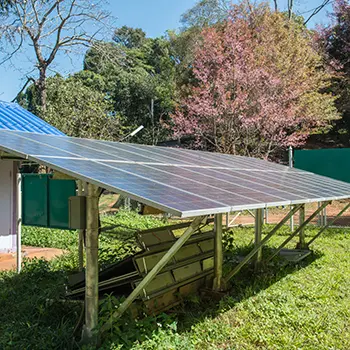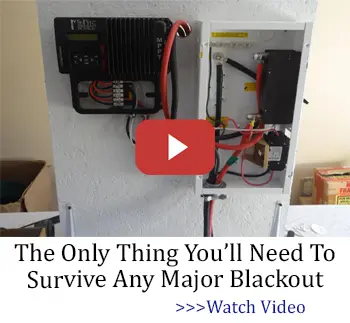Most people assume that being on my own land means I can do with it whatever I want. However, as homesteaders have already experienced, this isn’t always the case. I was wondering if there are any projects that might get banned in the future. Let’s see together!
We will see more legislation designed to prevent us from preparing for our own survival as local, state, and federal governments attempt to gain control. We will examine some backyard projects that could lead to a ban in this article.
Projects That Might Get Banned: Collecting Rainwater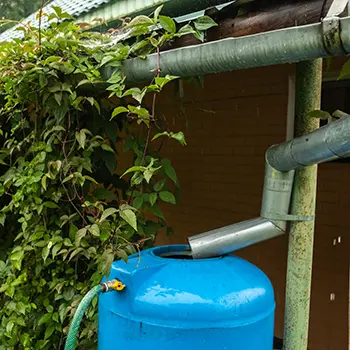
We ranked this as the top project that might get banned because it’s one of the craziest of them all. Rain falls from the sky by God’s hands and falls where it may. Nobody owns it, so why bother collecting it?
It’s true. Nobody technically owns the water that falls from the heavens. Many localities use rainwater to supply crops and streams, and some even use it for their town’s water supply.
What does this mean for homesteaders?
In most places, you probably won’t face issues collecting rainwater in a 55-gallon drum. However, if you dug a large “pond” on your property to collect it, many laws might view that as diverting resources from those who need them.
Keeping your rainwater supply safe from looters and nosy neighbors is important if you have one. In times of crisis, it’s common for unprepared individuals to seek out resources like water, sometimes resorting to force. Here’s how to protect your water supply.
Composting
Composting is one of the best ways homesteaders and preppers create nutrient-rich fertilizers for their gardens. Ironically, though, it’s becoming one of the projects that might get banned in many local governments across the country. And this isn’t just about peat moss composting.
Some states now ban organic materials from being disposed of in landfills. The problem arises when the law is interpreted to apply to homeowners, including yard waste, tree trimmings, and food scraps.
As a result, some municipalities may treat composting the same as landfilling.
Another concern, especially for those in urban areas, is the pests compost bins can attract, along with the smell. However, you can prevent both pests and odors, keeping your compost bin undetected. This includes limiting grass clippings and regularly mixing your pile to improve oxygen flow.
Projects That Might Get Banned: Off-Grid Energy
In truth, most laws that govern DIY backyard projects that might get banned are passed with money in mind. They require permits and zoning law changes, which add money to the local government’s balance sheet. When it comes to going off-grid with your power consumption, money plays a major role.
Local governments are unlikely to stop you from installing solar grids, backyard wind turbines, or anything else that generates electricity.
Many companies offer tax breaks and direct payouts for solar panels, but they won’t allow you to completely disconnect from the grid. If they do, expect a steep fee.
Related: DIY Solar Water Heaters To Cut Down On Energy Bills
Even if you generate 100% of your own power, the power company may end up owing you money, since any excess power you generate will feed back into the grid.
However, any attack aimed at bringing down the power grid will likely affect your own as well.
Zoning laws and safety regulations can also interfere with your ability to go off-grid, especially in urban areas. For example, HOAs are more likely to ban off-grid living or any prepper activity, often due to aesthetics.
Underground Bunkers and Shelters
Even as celebrities like Mark Zuckerberg build personal bunkers, many municipalities are banning them or creating complex red tape around their construction. Most of the pushback comes from zoning laws and conflicts with neighbors.
In an urban setting, building an underground bunker can make you look like the crazy person in town. At least, that’s what they say. Like most backyard projects that might get banned, the issues usually stem from the urban setting.
While your area may not completely ban bunkers, you’ll likely need a permit to build one.
Most people worry that getting a permit will make their underground bunker public knowledge. And in a SHTF scenario, the fewer people who know about your shelter, the better.
Projects That Might Get Banned: Livestock
It seems that even rural towns are cracking down on the act of keeping livestock on your property, especially within city limits. That is because neighbors do not want to deal with the smells and sounds associated with livestock.
For example, one town in Montana limits the number of chickens you can have on your property within city limits to 10. However, they also require you to get the approval of your neighbors before doing so.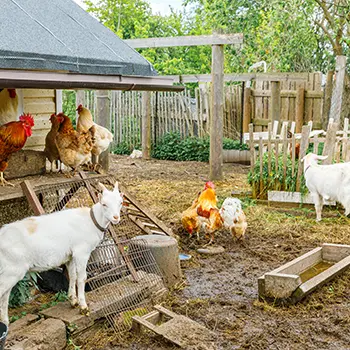
In other areas across the country, the right-to-farm laws are often interpreted to only benefit farmers and ranchers. These laws designate what is considered a farm by how many acres the property has. Some requirements are as low as 10 acres while others can be as high as 50.
Related: What Livestock My Grandparents Raised During The Great Depression
A covenant can specify what you can and cannot do on your property, such as whether or not you can have livestock. When buying a property, make sure to check if any covenants are in place. If they are, you’ll need to go through the process of changing them, which requires over 75% of homeowners to sign off on it.
The sad reality is that, as our prepping becomes more of a necessity, lawmakers in suits will create more laws. These laws aim to make the country more dependent on the government.
Our freedom to do what we want on our property to ensure our survival is at risk as more people depend on the government.
As frustrating as it is, we must still do our due diligence and make sure we operate within the law. Unfortunately, for many, this means moving to an area with fewer rules and regulations around prepping activities.
How to Choose the Right Location for Your Shelter (Video)
Ingenious Ways To Use Milk Jugs In Your Backyard
DIY Self-Watering Raised Garden Beds
How To Repurpose Old Items Into New Projects For Your Backyard

